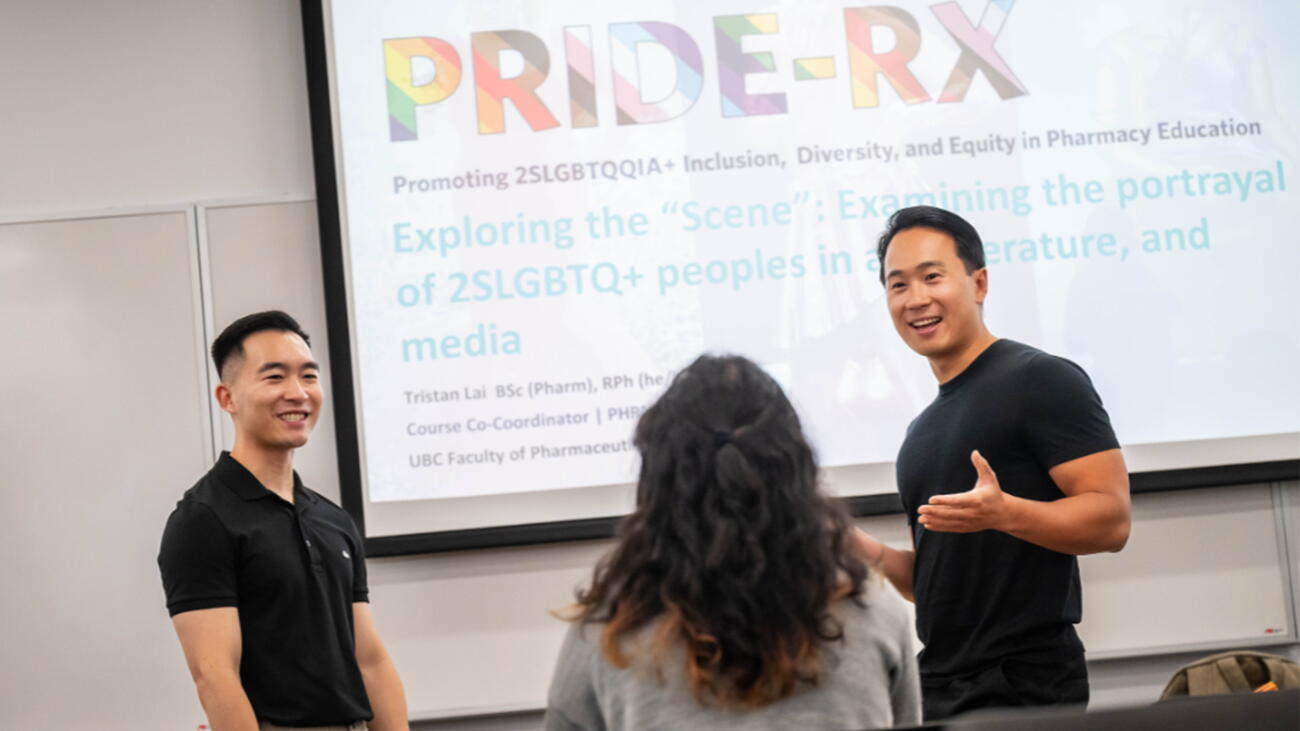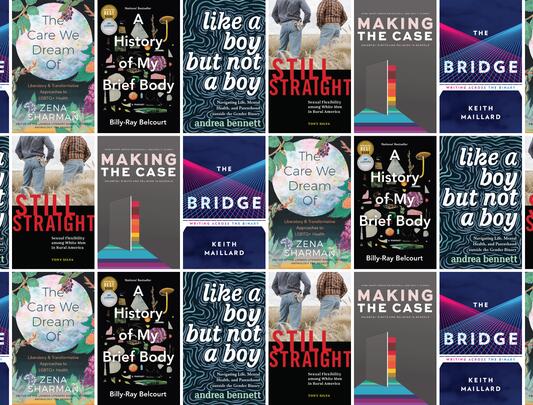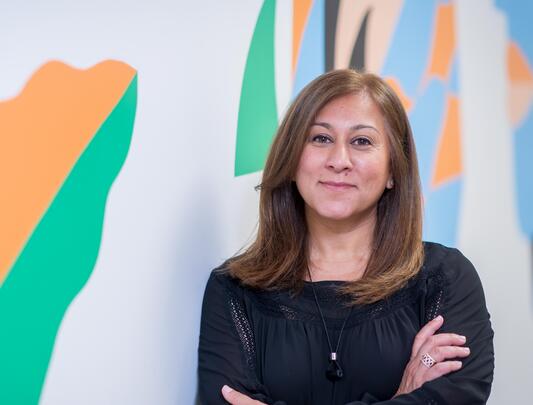Prescription for inclusive healthcare
Pharmacy lecturers Alex Tang and Tristan Lai have developed a queer and trans-inclusive pharmacy curriculum.
Pharmacists play a vital role in the lives of Canadians, providing important public health services such as vaccinations, dispensing prescriptions, offering health advice and consultations, and, in some provinces, including BC and Alberta, diagnosing and prescribing medicines for minor ailments.
However, members of the 2SLGBTQ+ community don’t always feel safe and accepted when interacting with the healthcare system, which is why UBC Faculty of Pharmaceutical Sciences lecturers Alex Tang (BSc(Pharm)’14) and Tristan Lai recognized the need to create and lead the PRIDE-RX (Promoting 2SLGBTQ+ Inclusion, Diversity, and Equity in Pharmacy Education) project — one of Canada’s first initiatives to integrate SOGIE (sexual orientation, gender identity, and expression) into the four years of the Entry-to-Practice Doctor of Pharmacy program.
“There has been a very long history of disenfranchising our 2SLGBTQ+ communities, and that has led to this ongoing mistrust in our healthcare professionals, including pharmacists,” notes Tang, who is a graduate of UBC’s Pharmaceutical Sciences program. “Patients and study participants have often shared that one negative experience with a healthcare provider can turn them away from seeing future healthcare providers for their healthcare needs — whether it’s gender-affirming care, or whether it’s care related to other aspects of their lives, because they don't feel affirmed and they feel like there’s a lack of trust with their healthcare provider.”
After a 2019 House of Commons Standing Committee on Health recommended that sexual and gender diversity be included in health professional training, Lai and Tang decided to take concrete action. “In order to address that call, we really need to start from within our program to see how we can better enact these changes through the education of our future graduates, and hopefully eventually drive changes within pharmacy practice,” explains Lai.
In 2021, he and Tang secured a UBC Teaching and Learning Enhancement Fund and launched this work in partnership with community organizations, including Ribbon Community (formerly AIDS Vancouver), Health Initiative for Men, QMUNITY, Community-Based Research Centre, Trans Care BC, and WISH Drop-In Centre Society.
They also brought together a Queer Curriculum Advisory Committee, which includes community members and partners, alongside students, faculty, staff, and UBC stakeholders. “We’re very driven by the idea of cross-pollinating with stakeholders, but also knowledge holders from various disciplines,” says Lai.
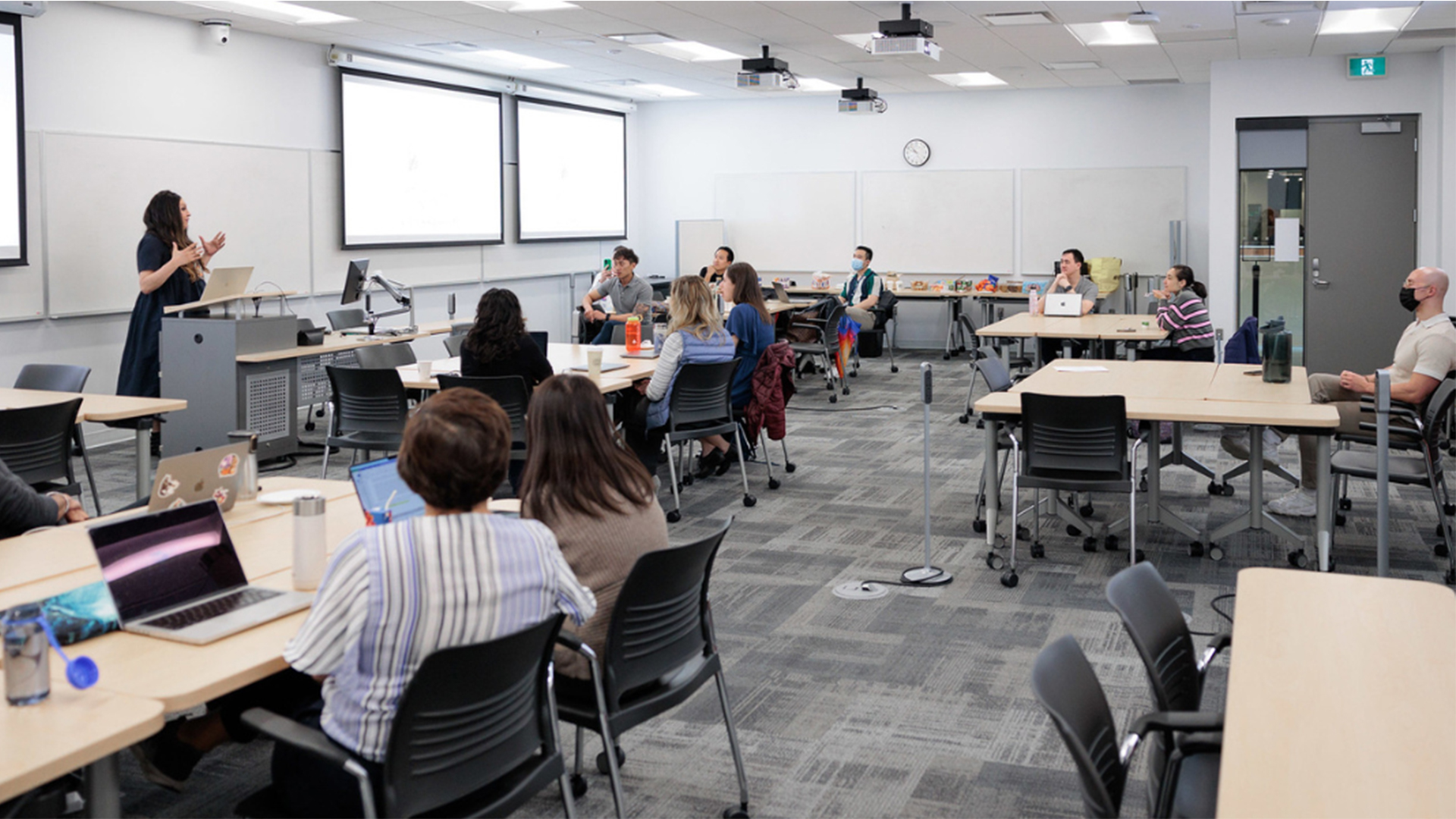
Thanks to Lai and Tang’s efforts, the UBC pharmacy curriculum now includes a mandatory lecture in year one; a workshop with community members in year two; an elective course on providing care to 2SLGBTQ+ clients in year three; and a mandatory online module in a fourth-year seminar course. Students taking the third-year course are also eligible to take part in a fourth-year practicum working directly with members of 2SLGBTQ+ communities.
In addition to integrating SOGIE into the four-year curriculum, PRIDE-RX works with its community partners to deliver workshops and professional development opportunities for faculty and staff in the Faculty of Pharmaceutical Sciences. A recent one-day workshop on advancing sexual and gender equity through teaching practice opened with a welcome from local Two-Spirit Indigenous drag artist Jaylene Tyme, followed by seminars led by Dr. Logan Smilges in the UBC Department of English Language and Literatures and Dr. Jaris Swidrovich of the University of Toronto’s Leslie Dan Faculty of Pharmacy.
“The workshop really helped our faculty and staff challenge dominant cis-heteronormative discourses within their lives, as well as in classroom spaces,” observes Tang. “One thing I truly appreciate about the UBC community is that there is such an openness to cross-collaboration, between not just health disciplines, but also across faculties. The reality is, as pharmacists, we need to be communicators with our patients. We can have all the knowledge instilled in us, but we need to be able to communicate that effectively, professionally, and ethically. Involving colleagues from the Department of English helps to promote the language skills that we need to see in our graduates, especially when they're providing care for our communities.”
In fact, a 2022 feature on UBC Today about Dr. Su-Jan Yeo, a Sessional Lecturer in the School of Community and Regional Planning, sparked another cross-faculty collaboration. Inspired by the description of her Ideathon student challenge, Lai and Tang reached out to explore how to bring a challenge-based capstone project into the third-year PRIDE-RX course.
“You wouldn’t think that there's a huge connection between urban planning and pharmacy, but Tristan and I appreciated the concept and the educational experience of this idea of a challenge,” shares Tang. “We spoke with Dr. Yeo and met with her to help adapt it into the context of a pharmacy course.”
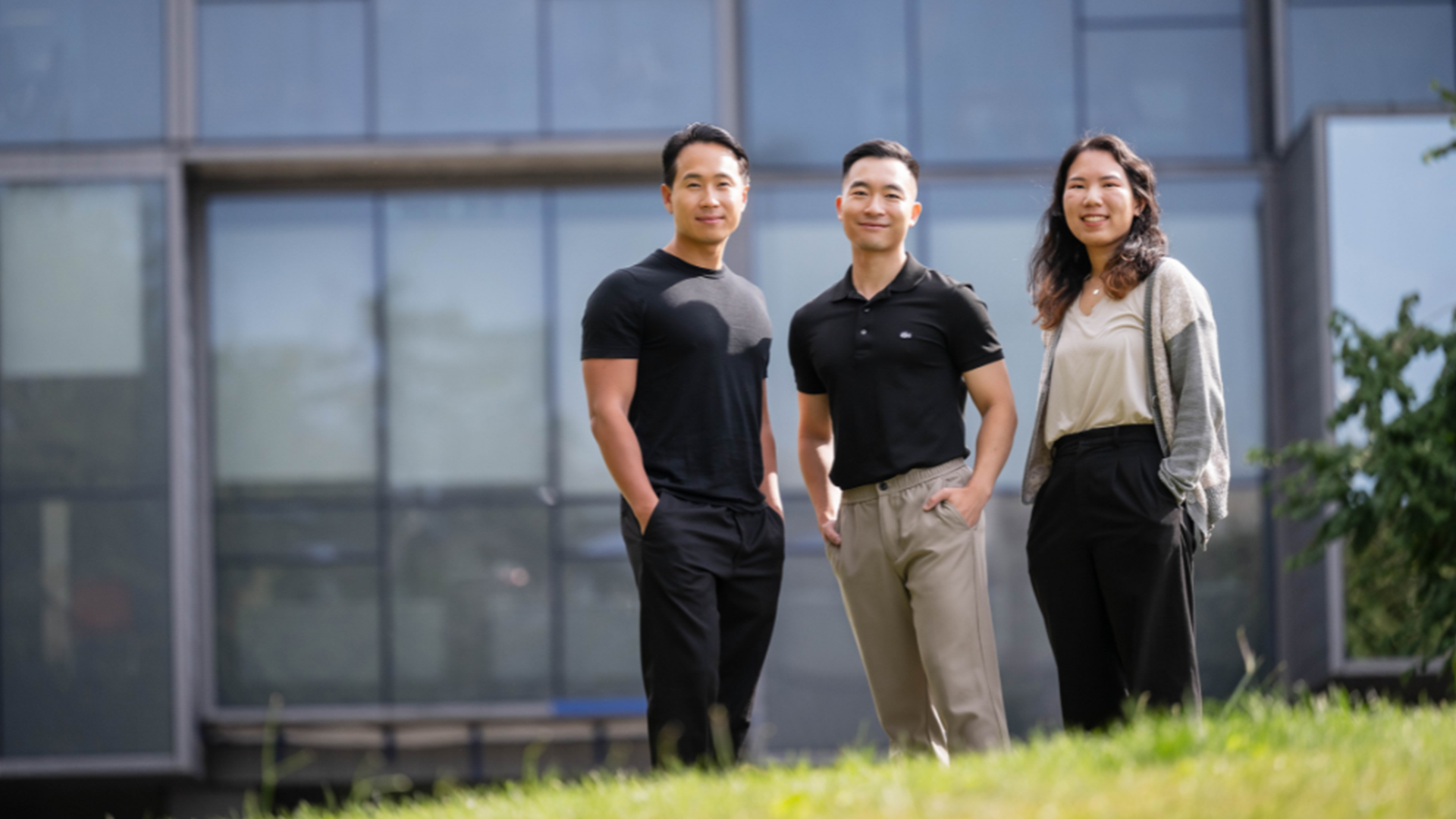
With the first cohort of students having moved through all four years of the PRIDE-RX initiative, Tang and Lai are thinking bigger. “Now that we’ve created such a rich curriculum, we want to be able to share it with other health professional programs,” says Tang. “At the end of the day, a lot of this work is not necessarily pharmacy specific, but it is applicable across all health professions.”
Adds Lai: “Why do trans people continuously experience more negative health outcomes? And why is being LGBTQ+ consistently a risk factor for many negative health conditions? It’s not that it increases your chance or risk factor for any kind of chronic disease. The reality is, it’s mainly because of the fact that people continue to live in a cis-normative and heteronormative world. Being in a world that is not built for you is the problem.”
Ultimately, says Tang, “Our goal is to equip our graduates with the necessary knowledge, skills, and attitudes to care for our 2SLGBTQ+ communities. But beyond just the communities themselves, we are optimistic about how a lot of these skills will allow our graduates to be inspired to champion social justice issues within their own communities and contexts, and fulfill the university’s promise of making the world a better place for everyone.”
This article was originally published on UBC Today and is part of a five-story series recognizing faculty and staff who are generating positive change at UBC.
























